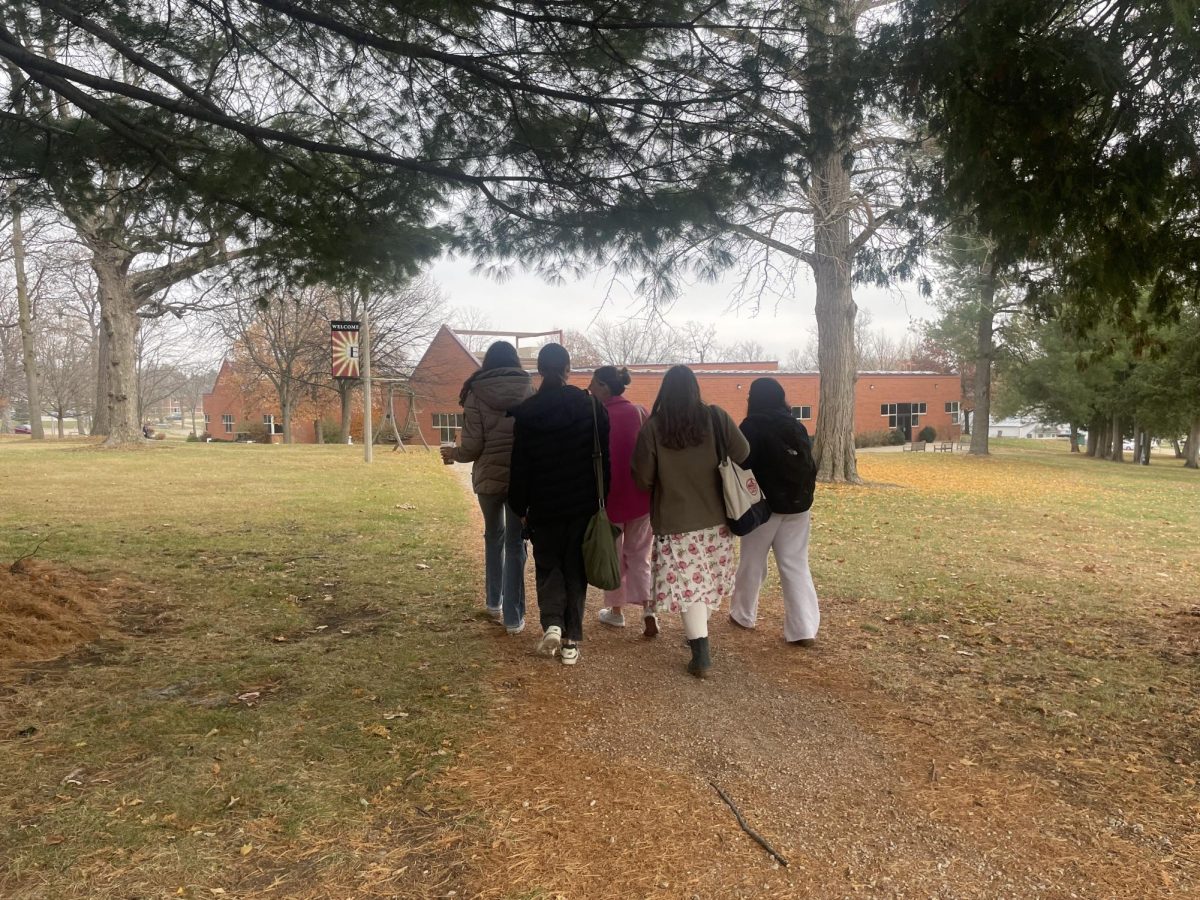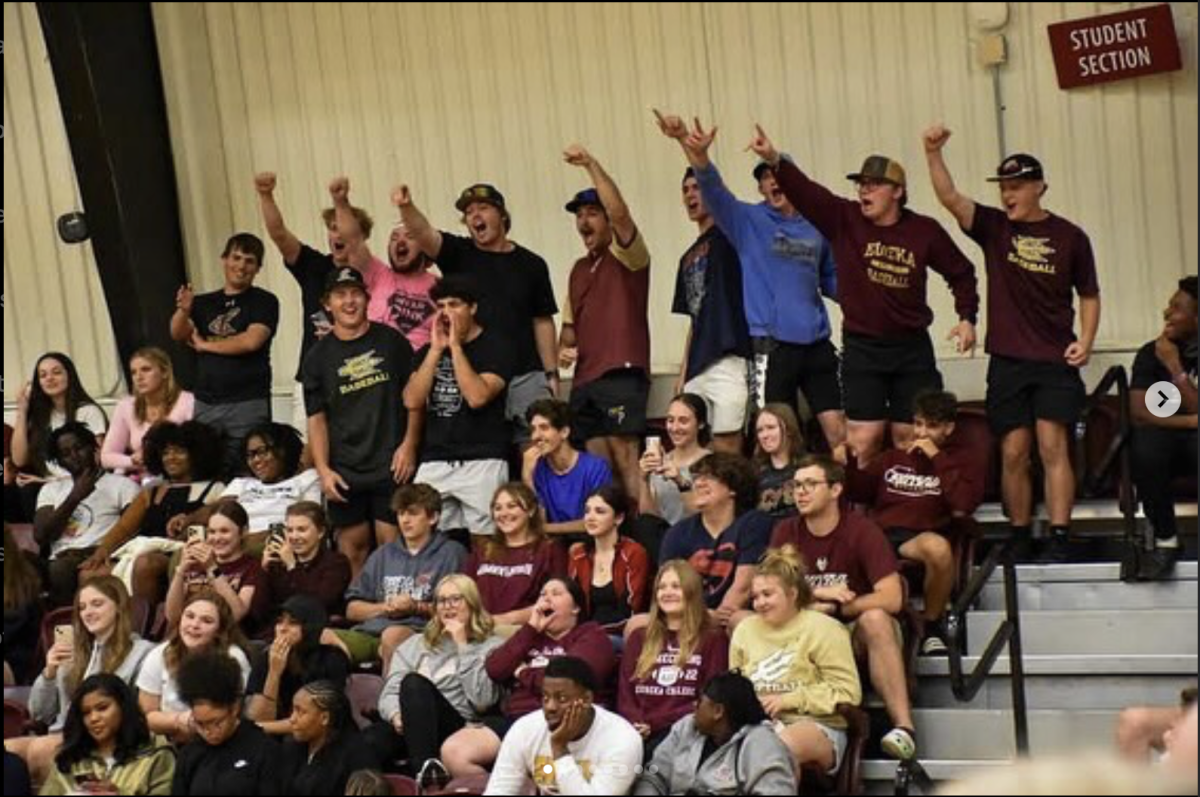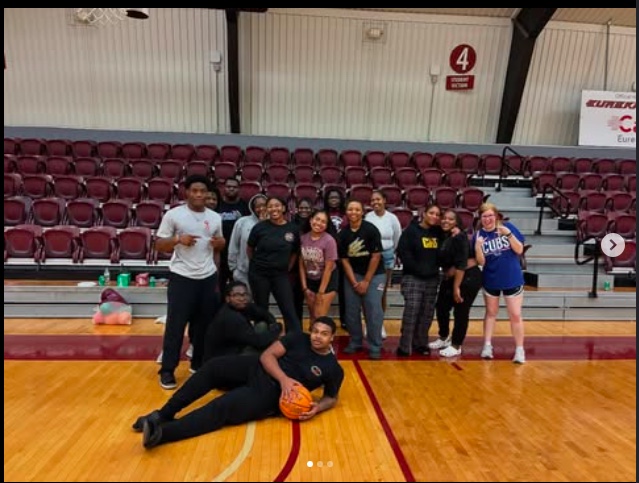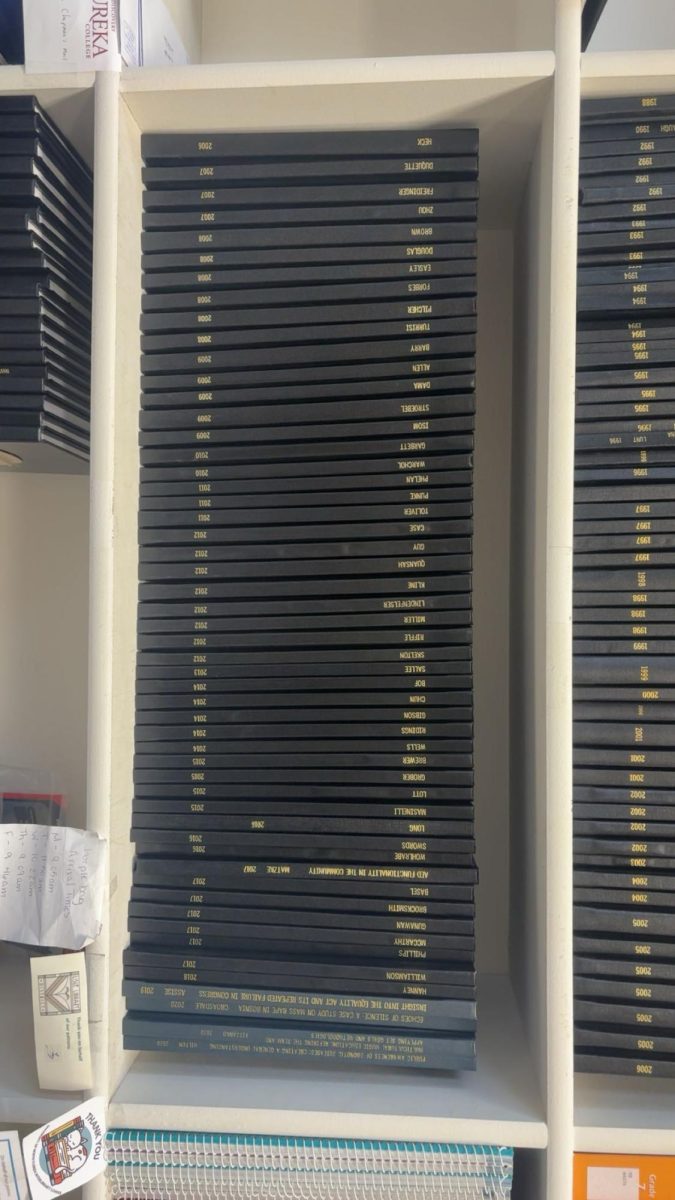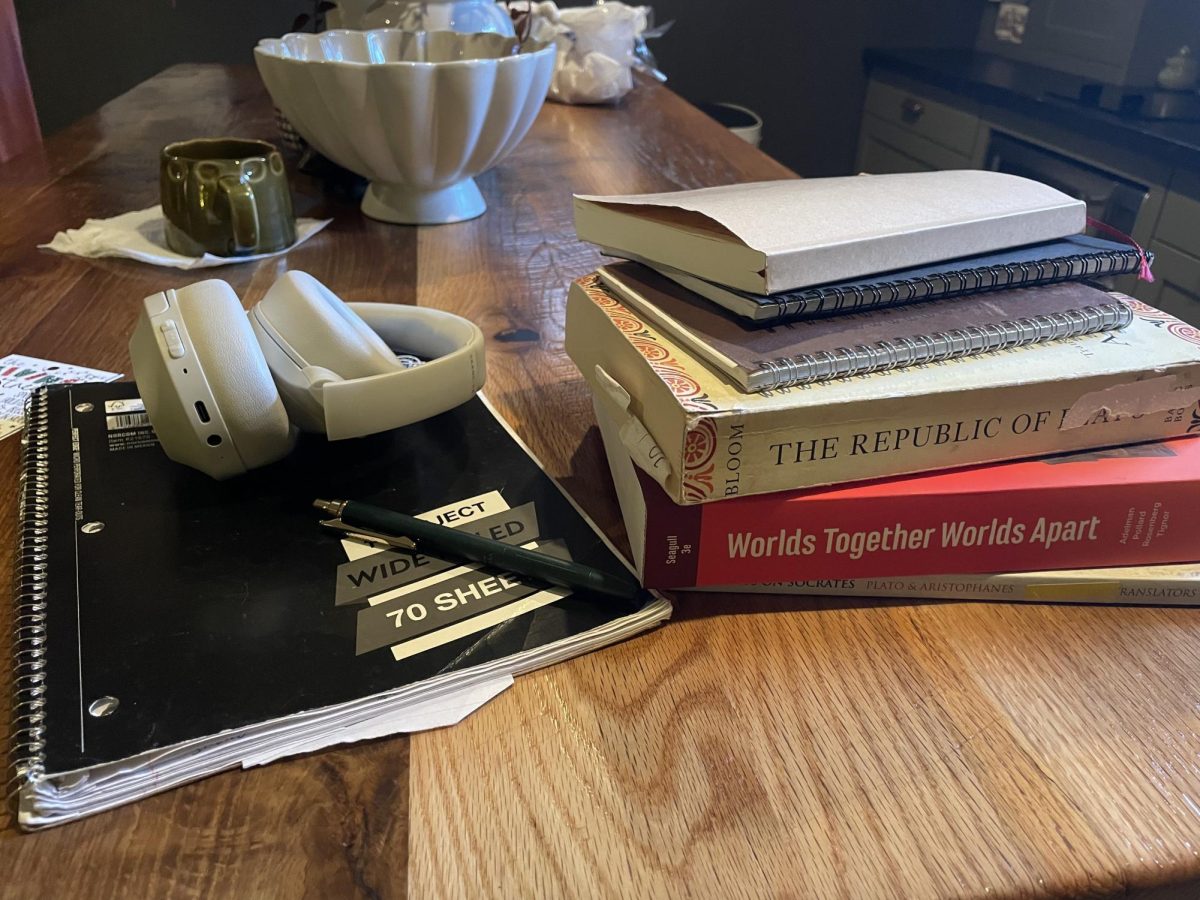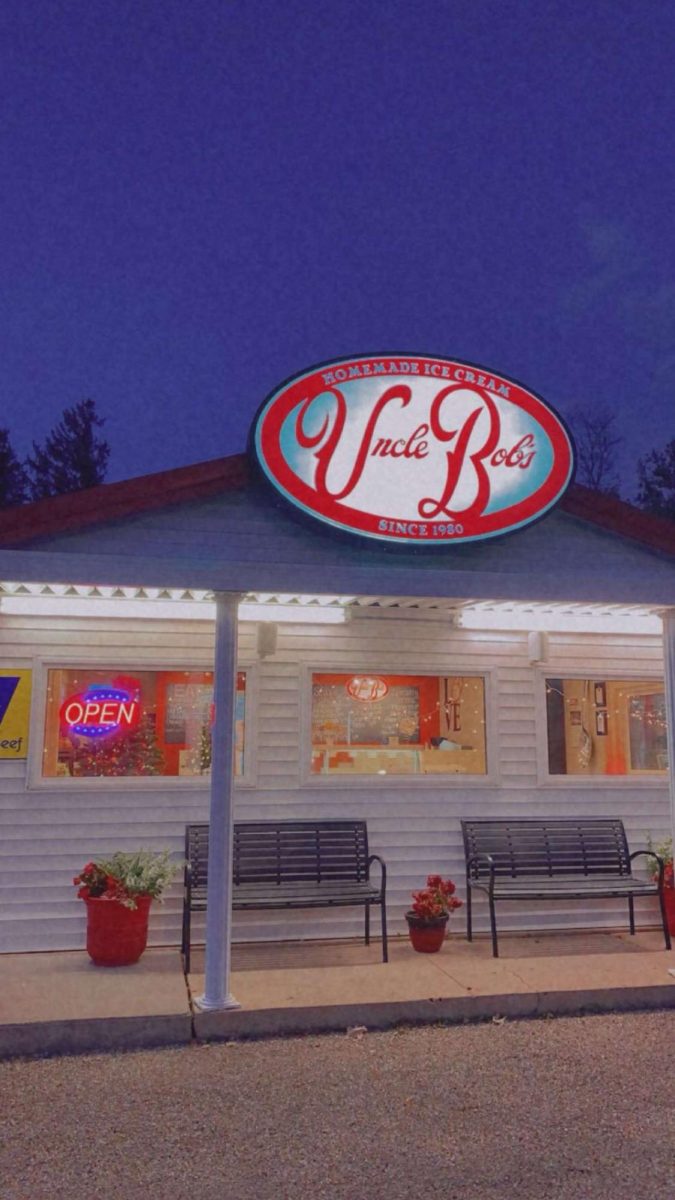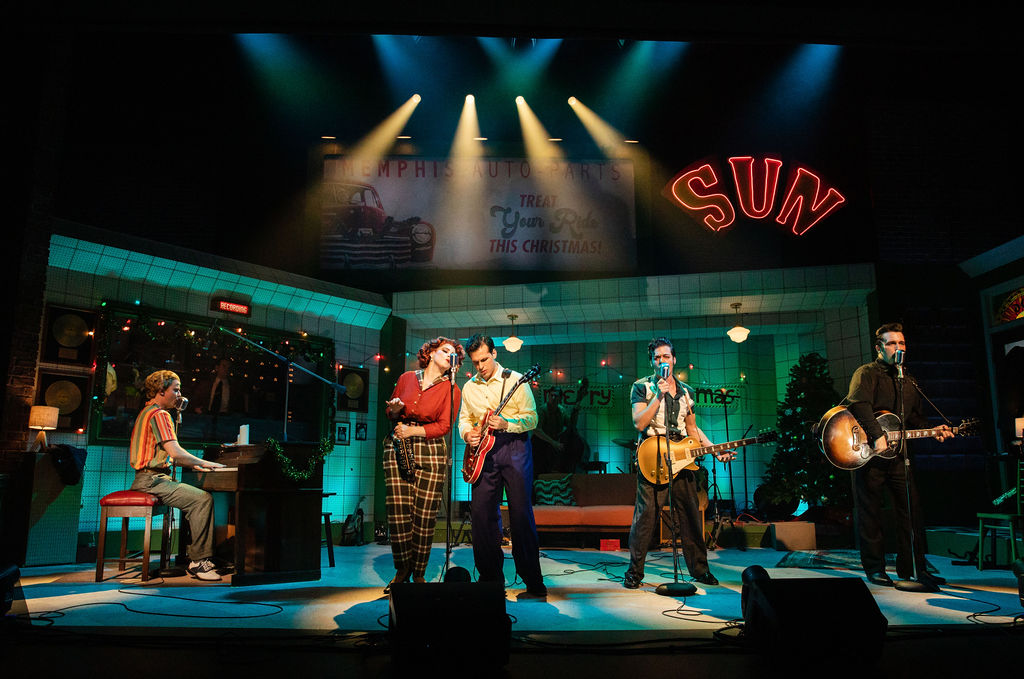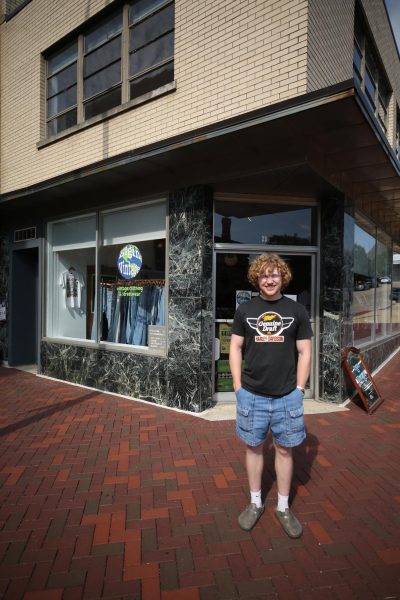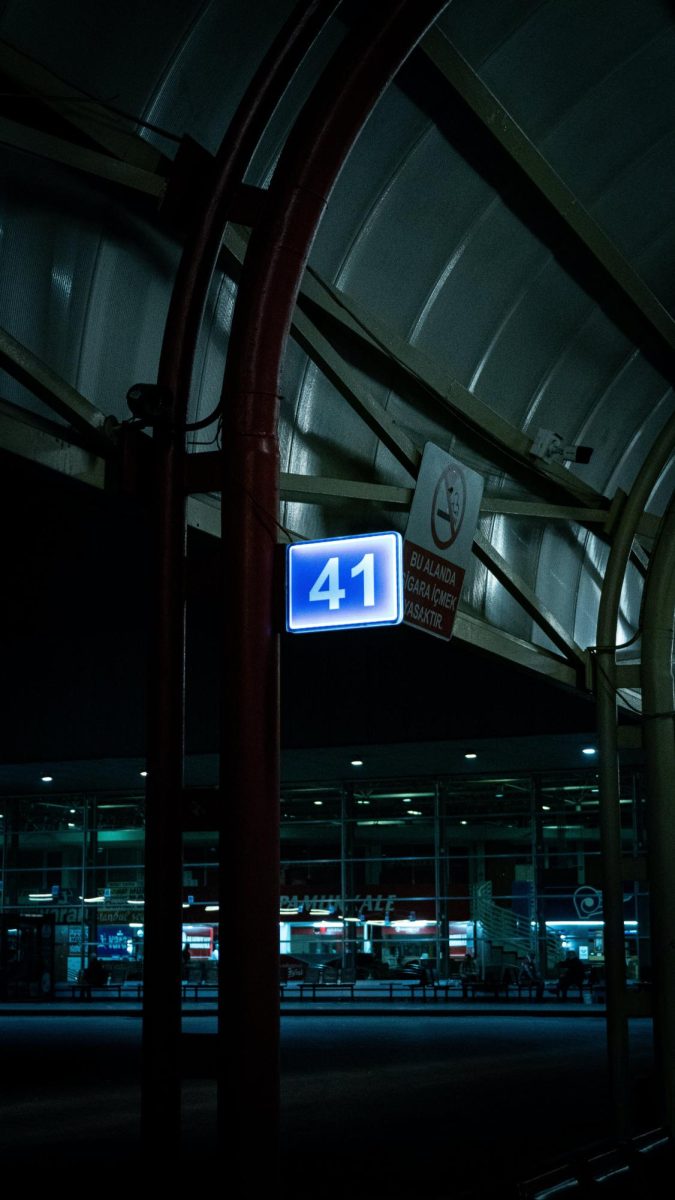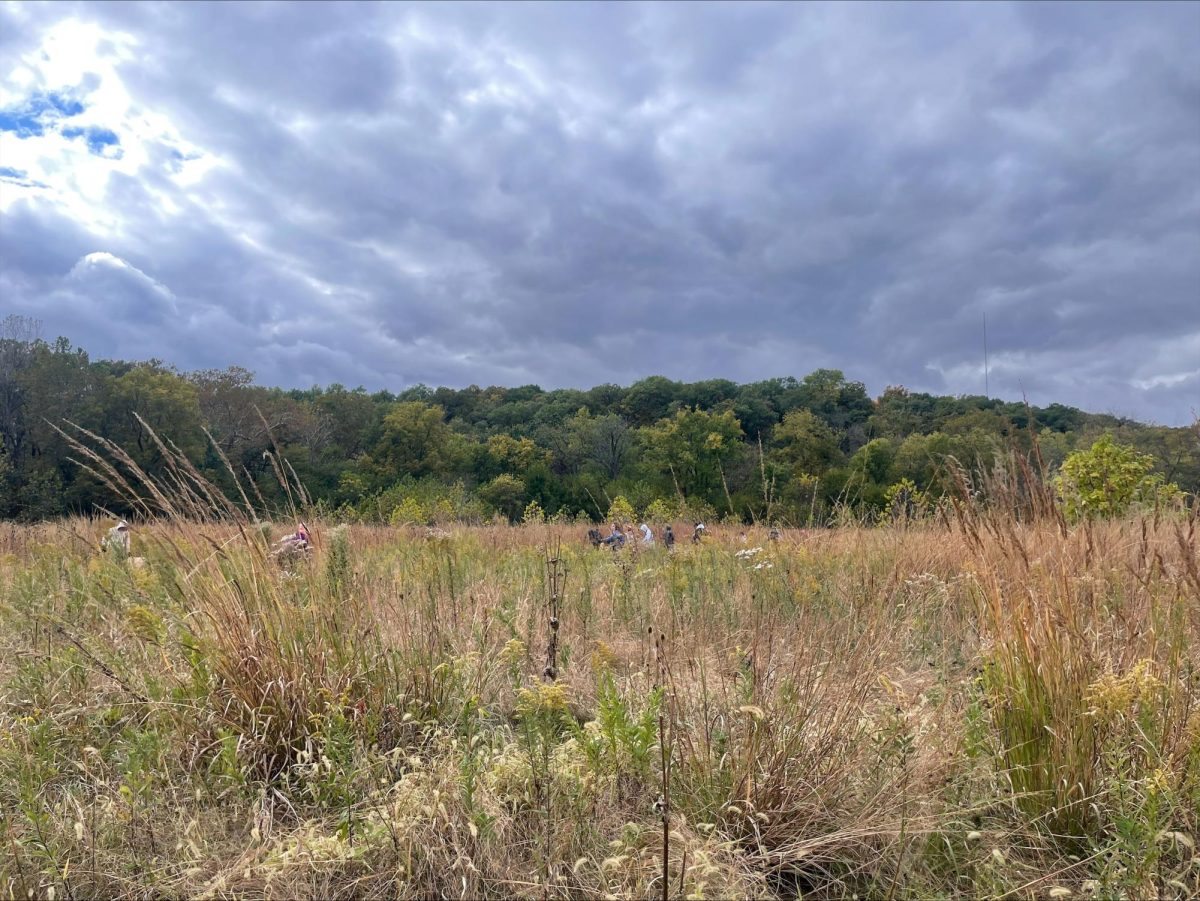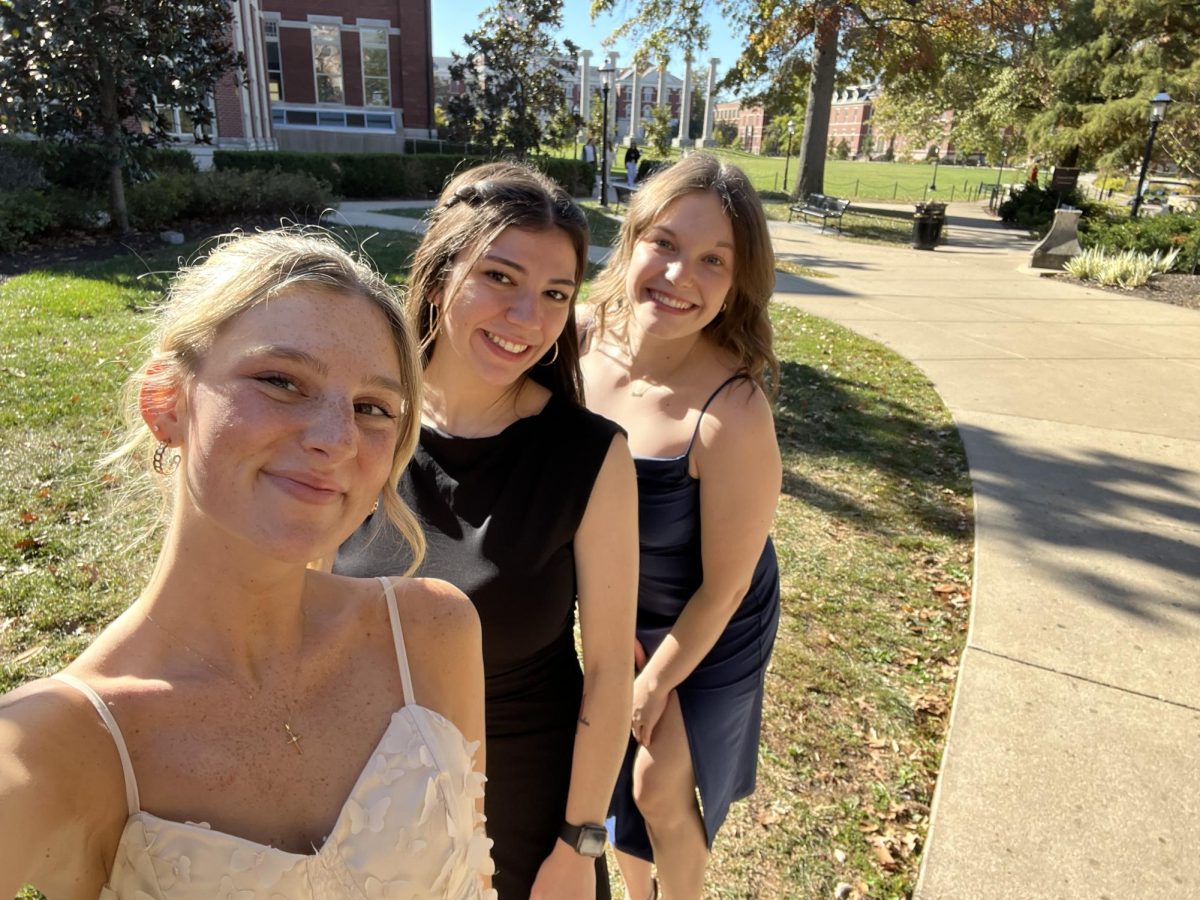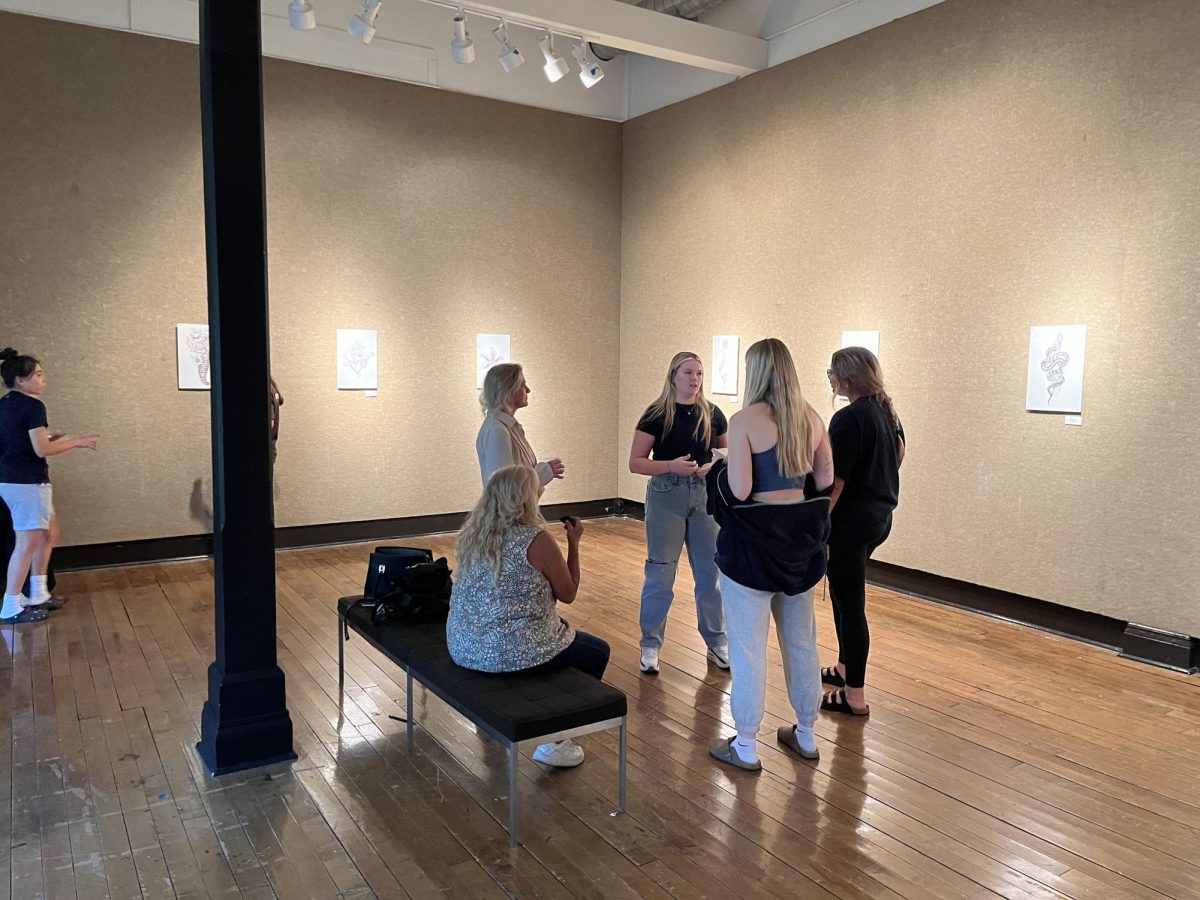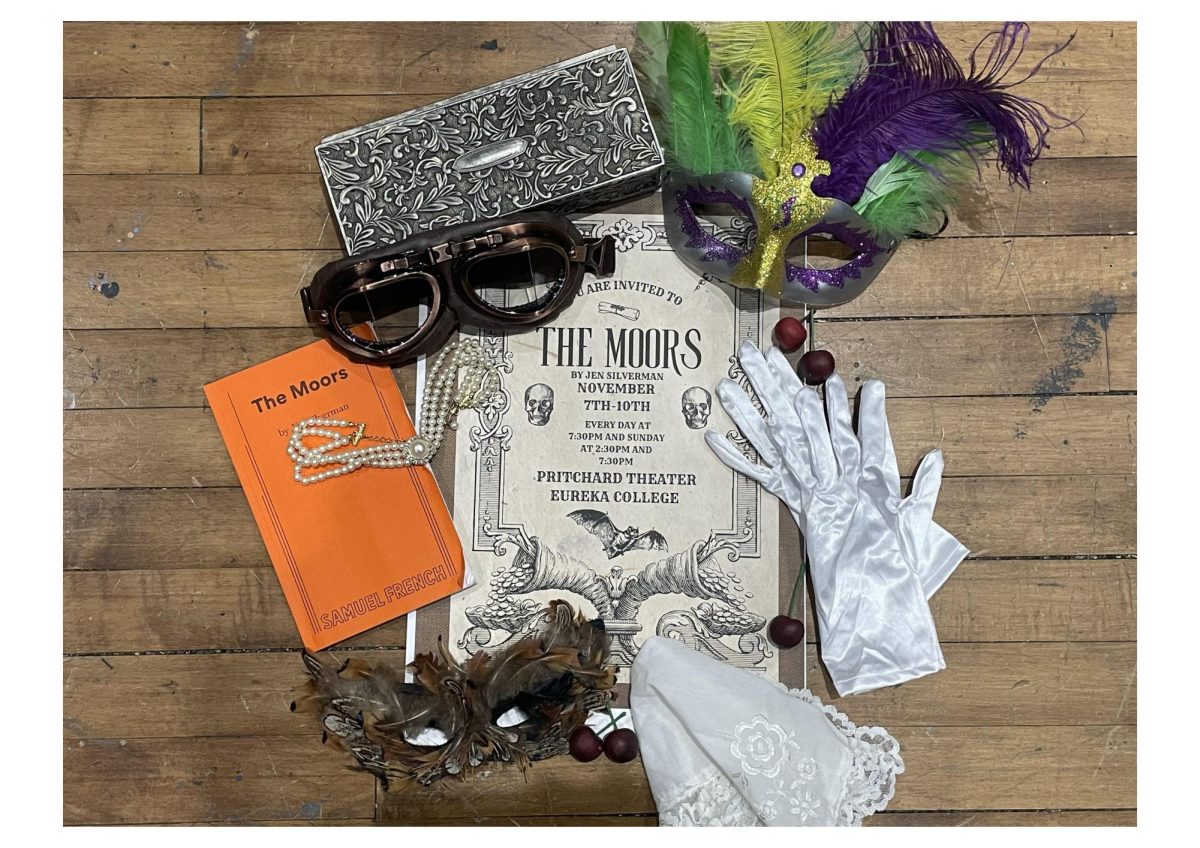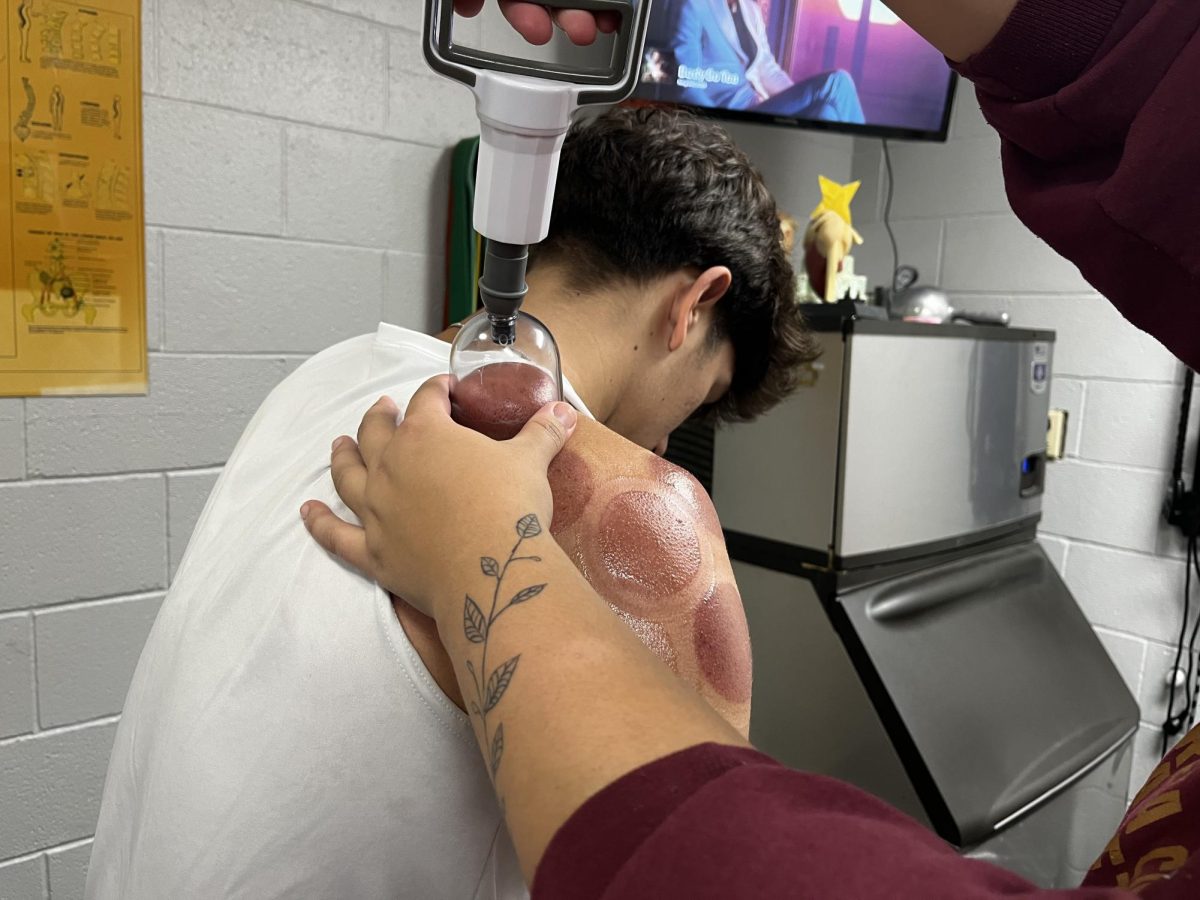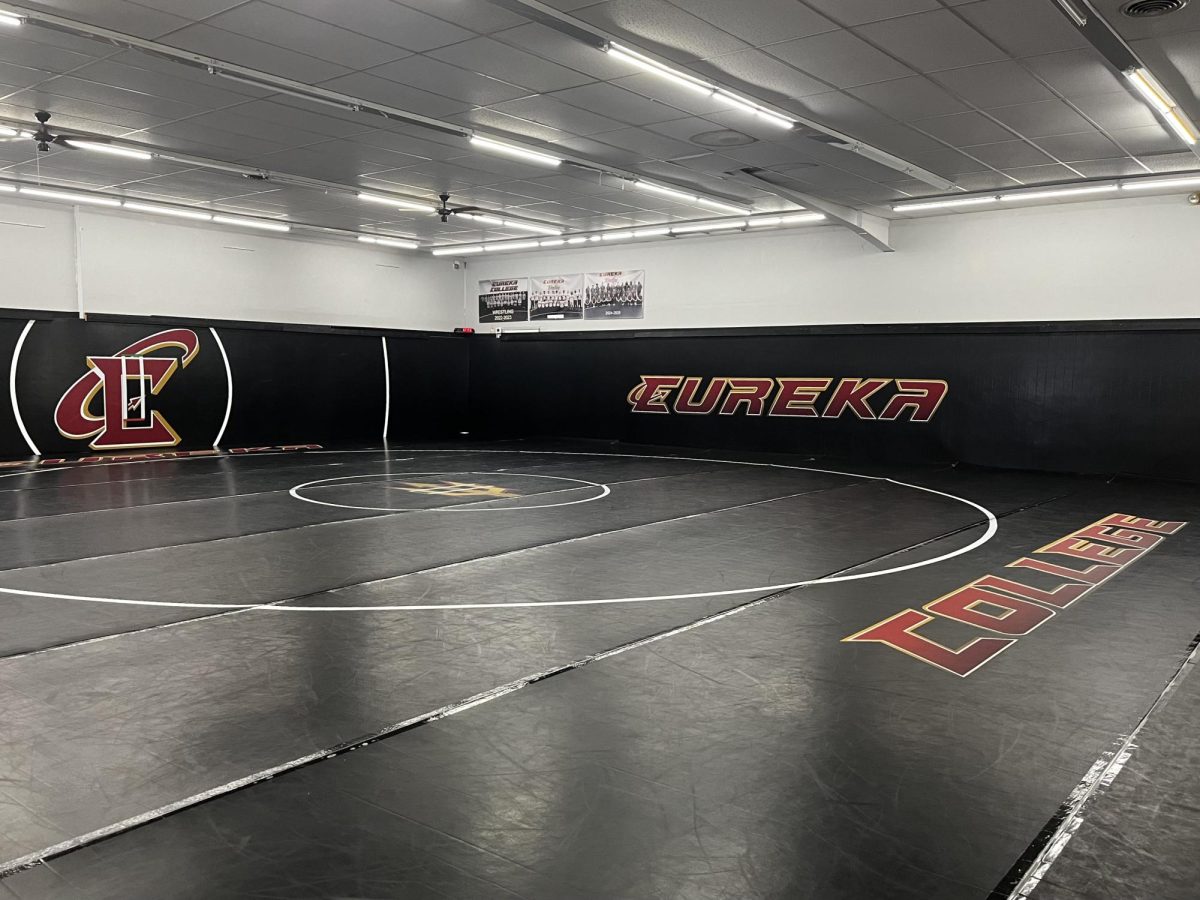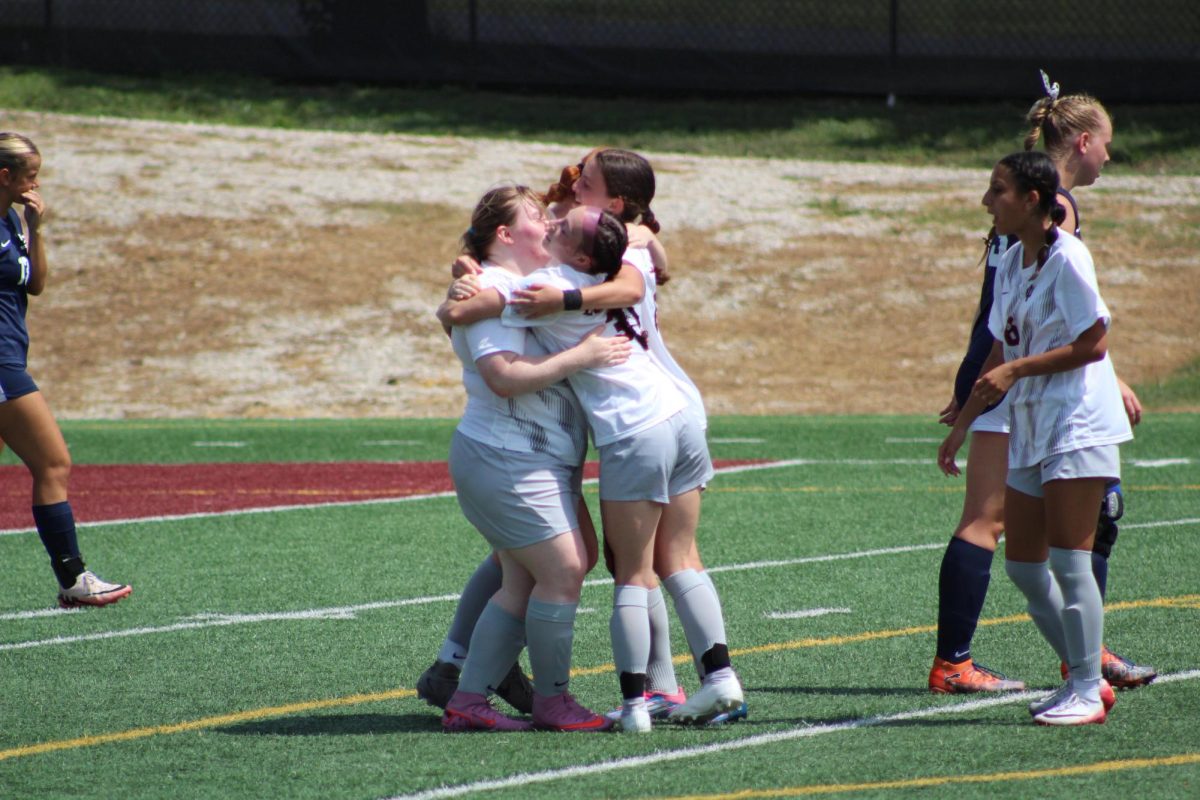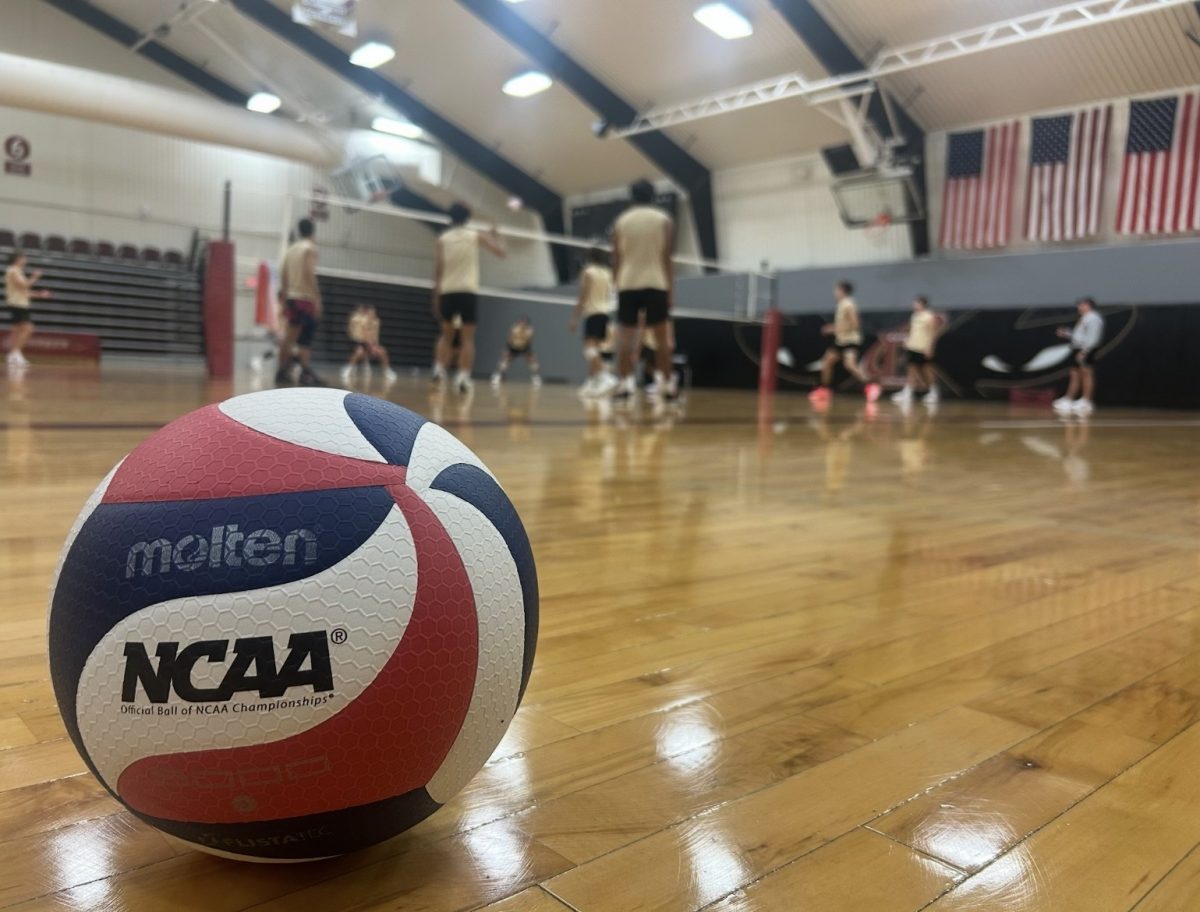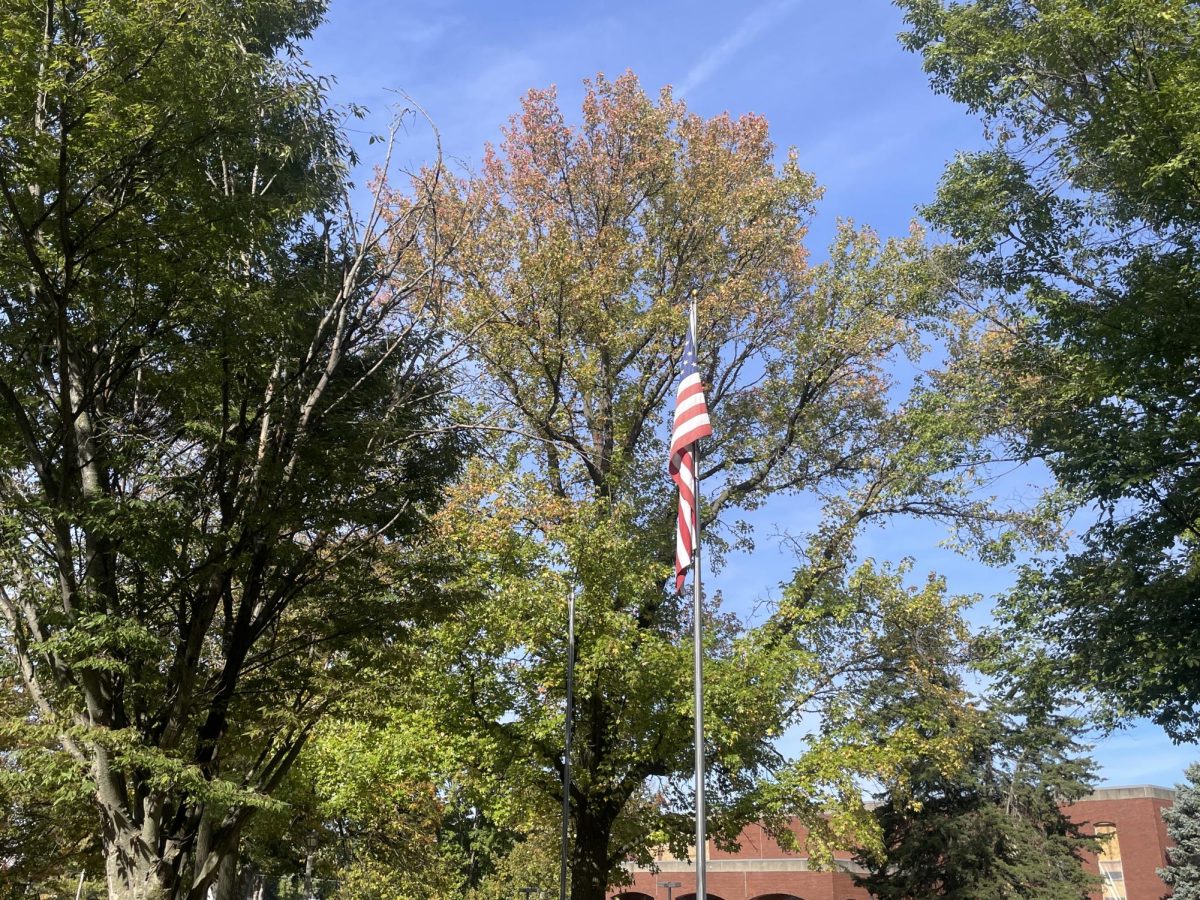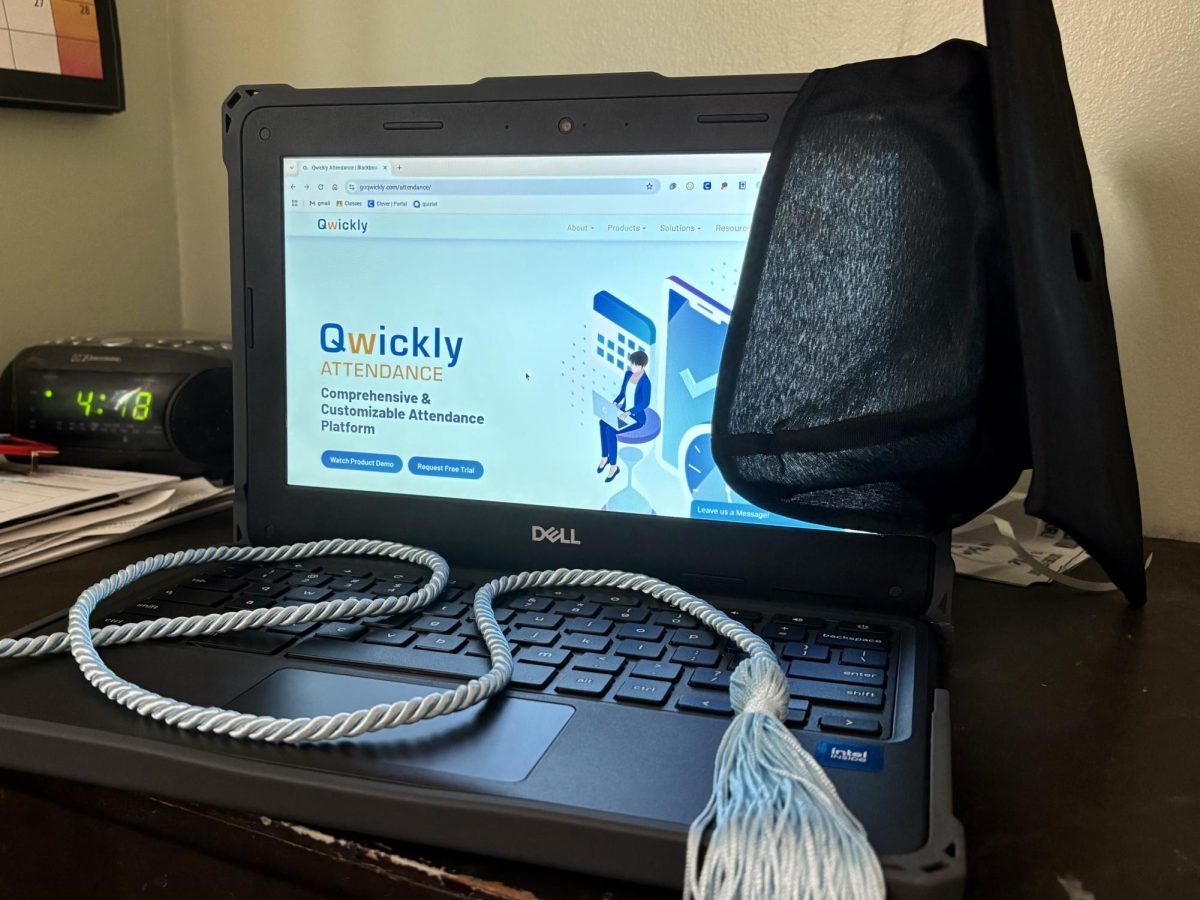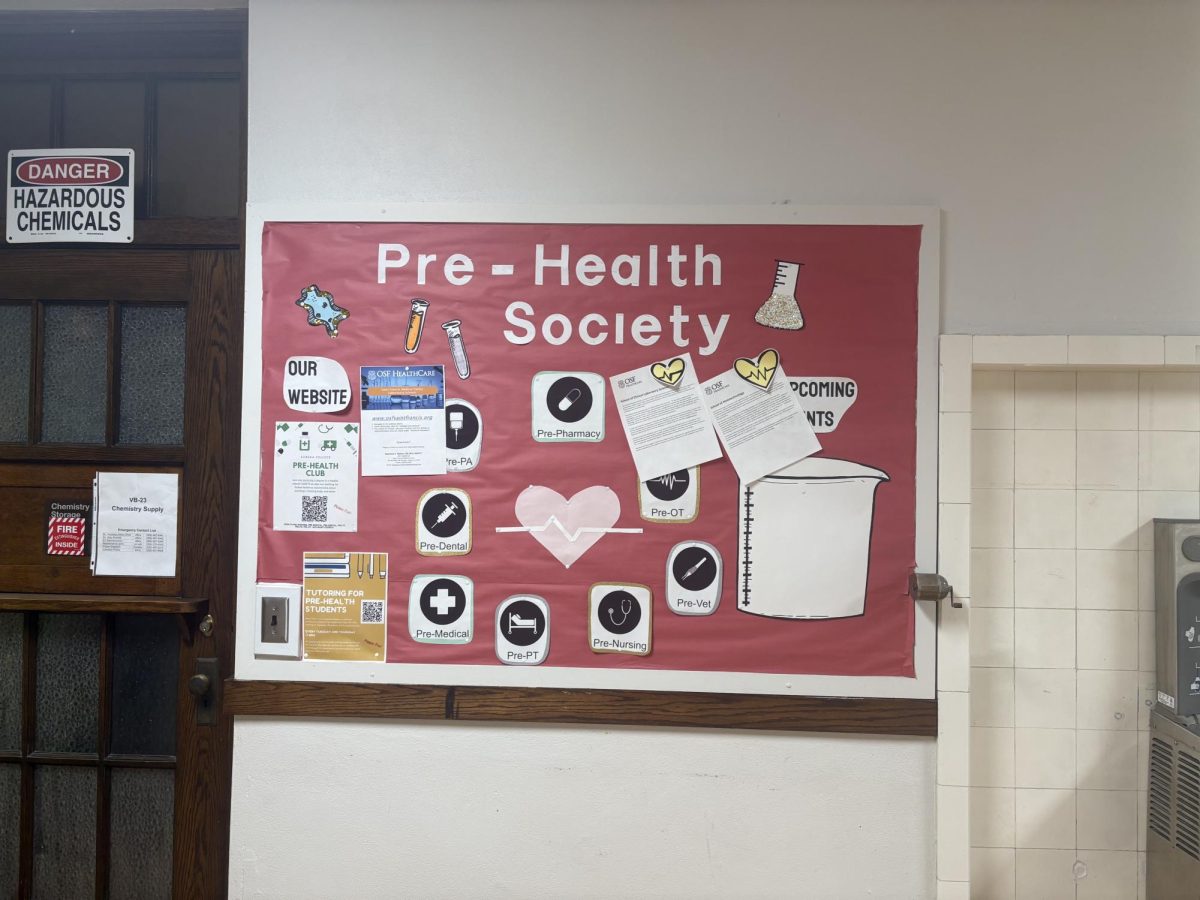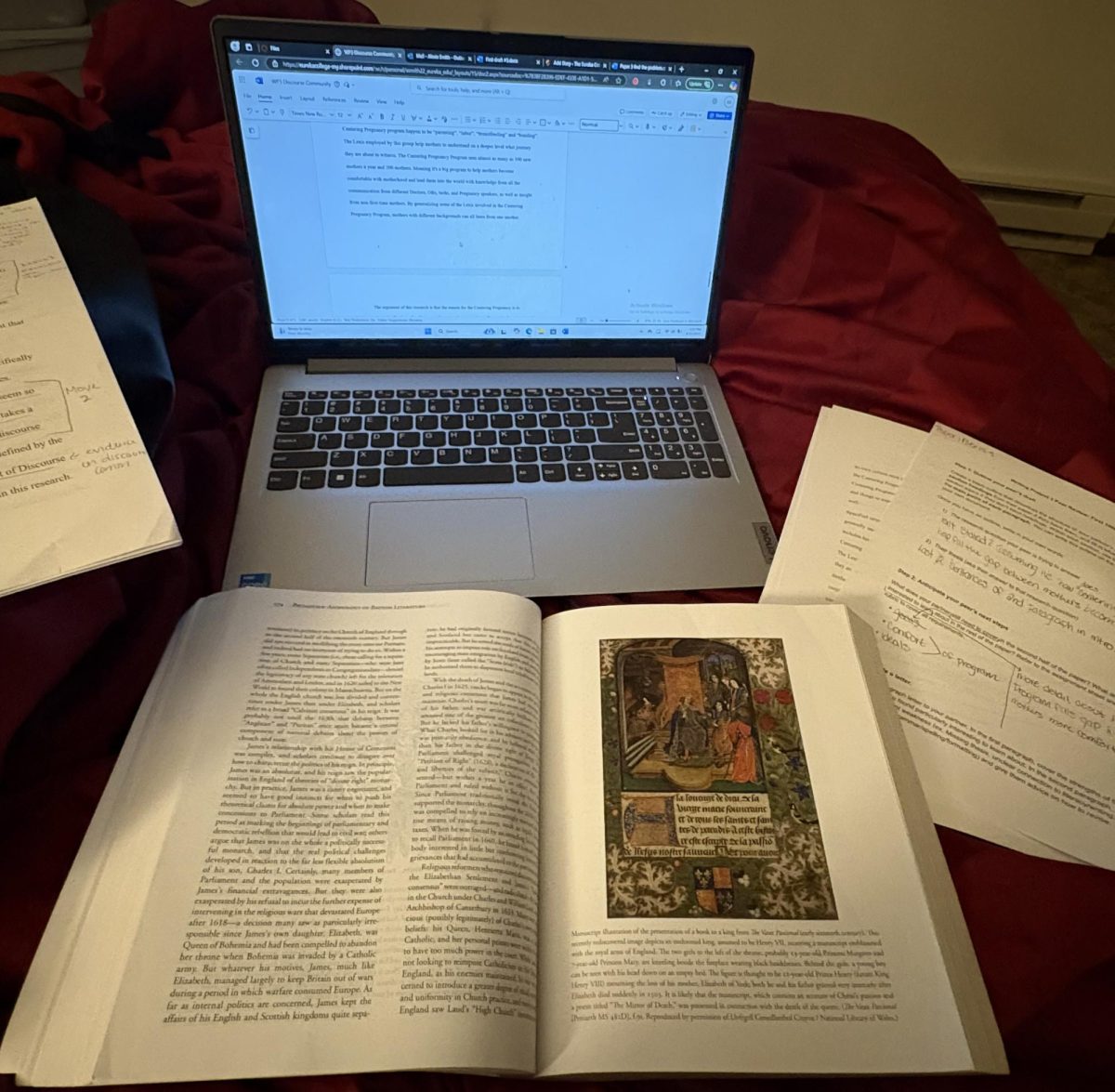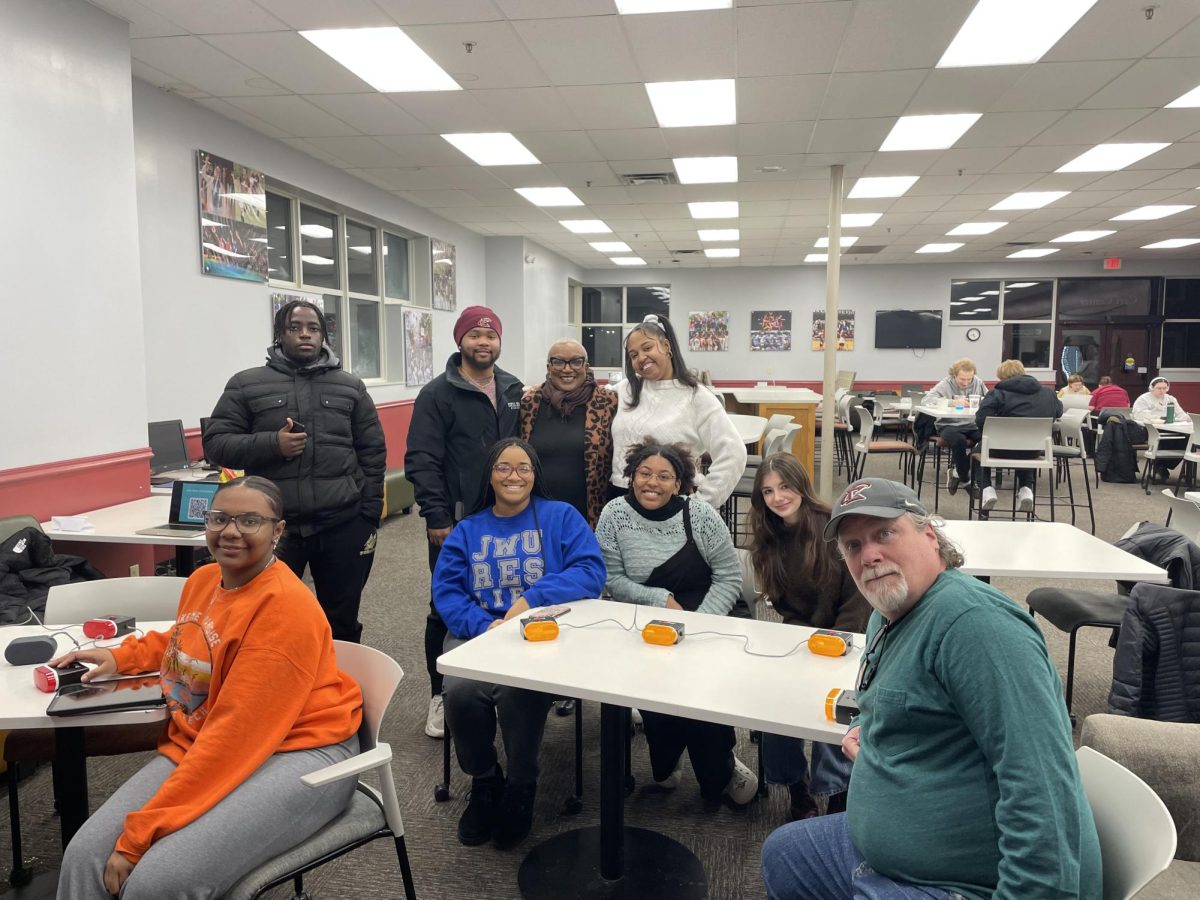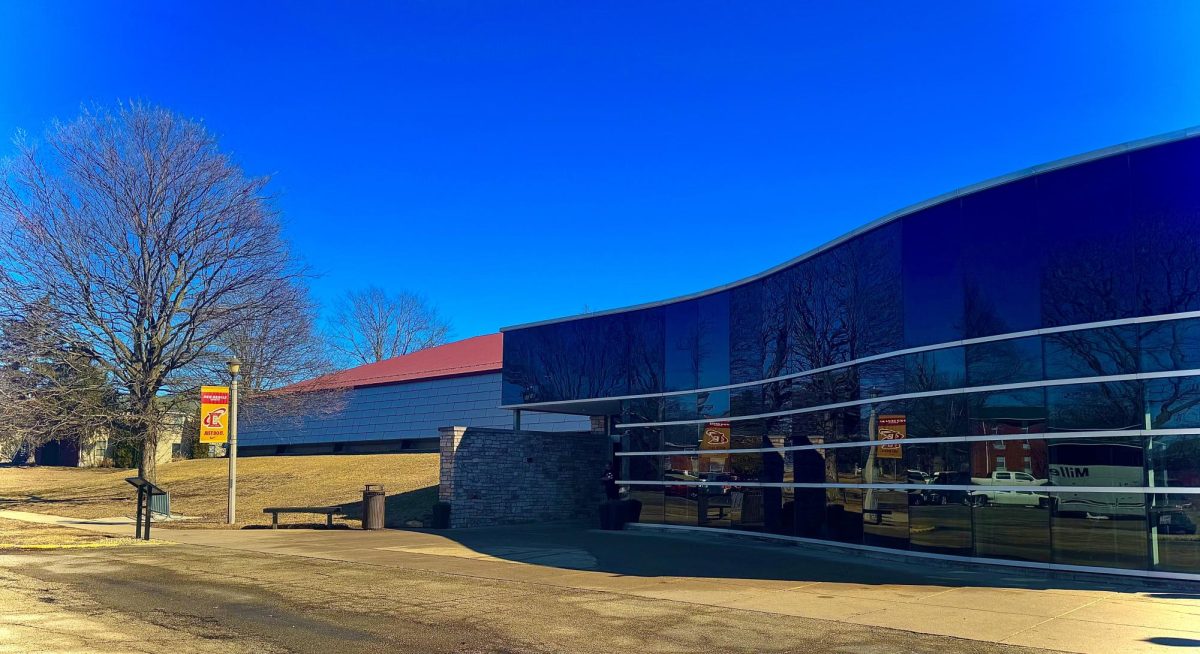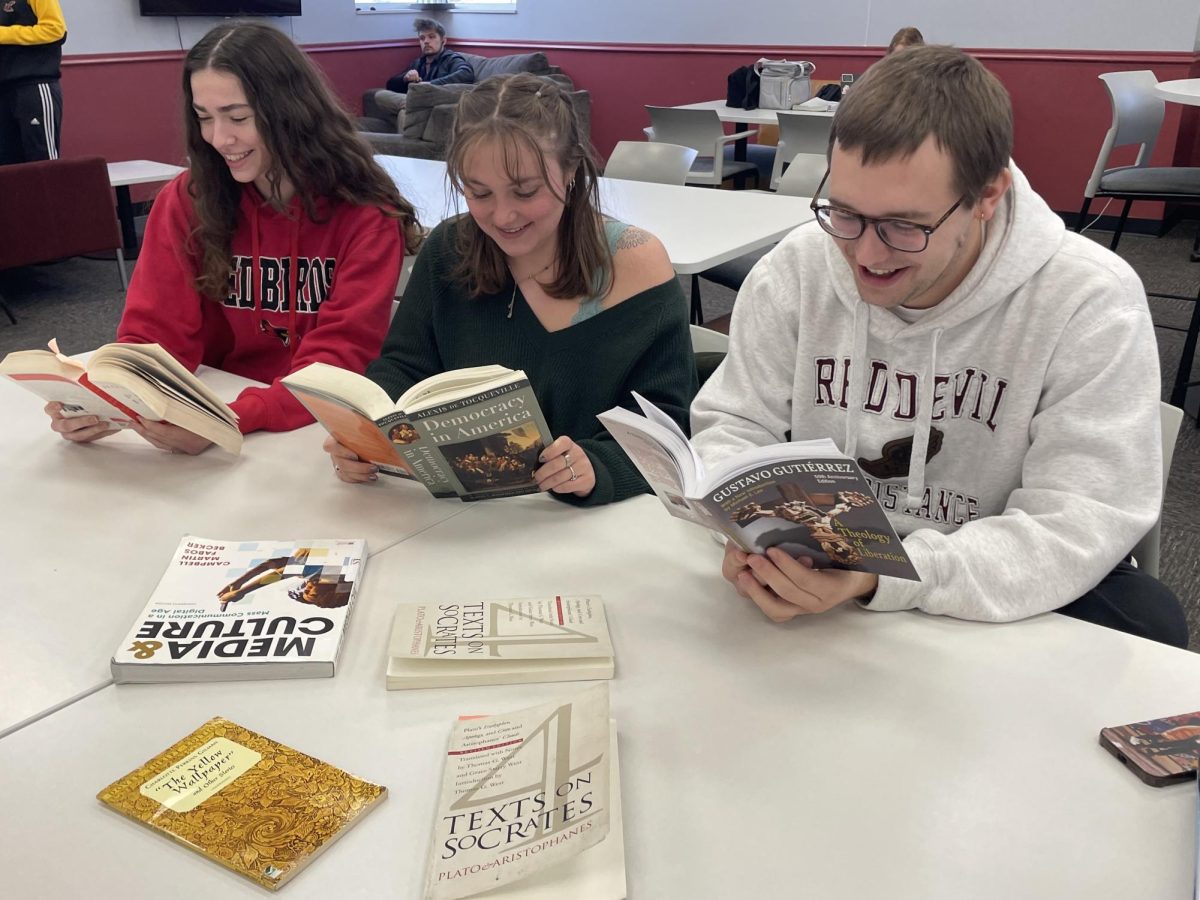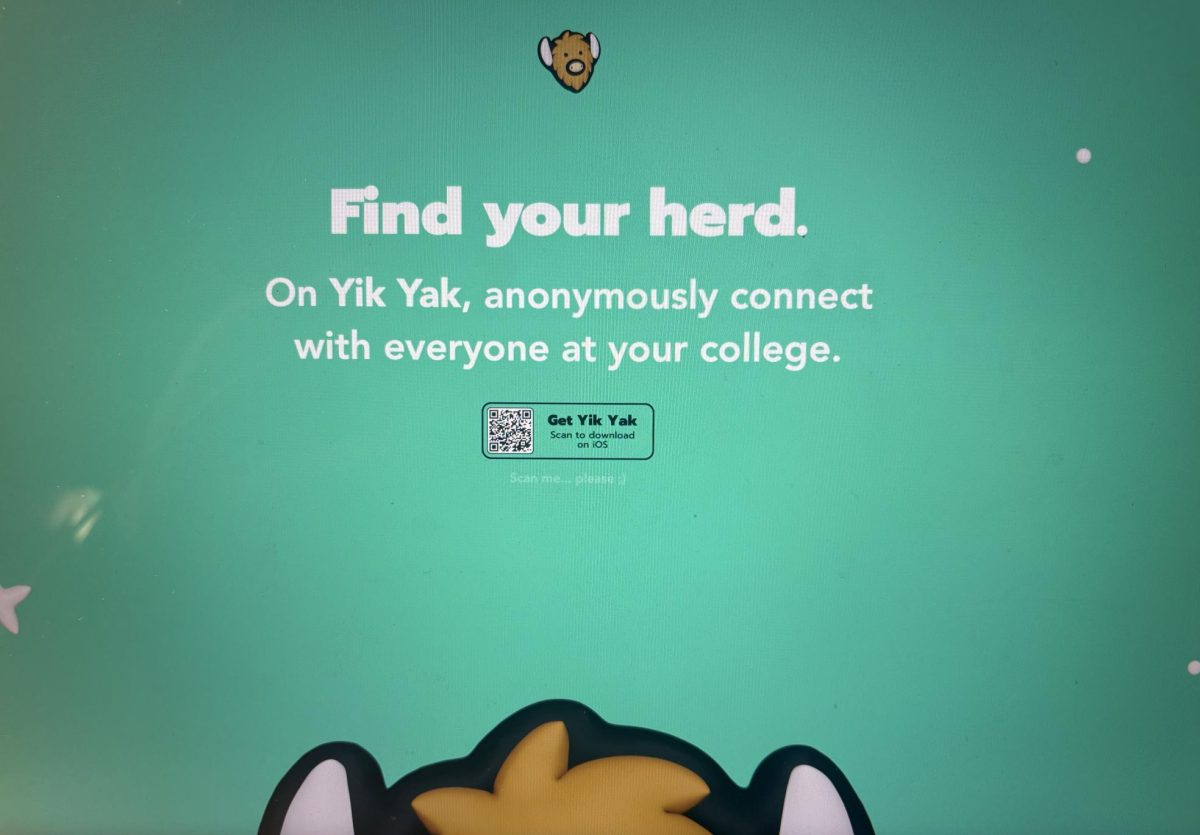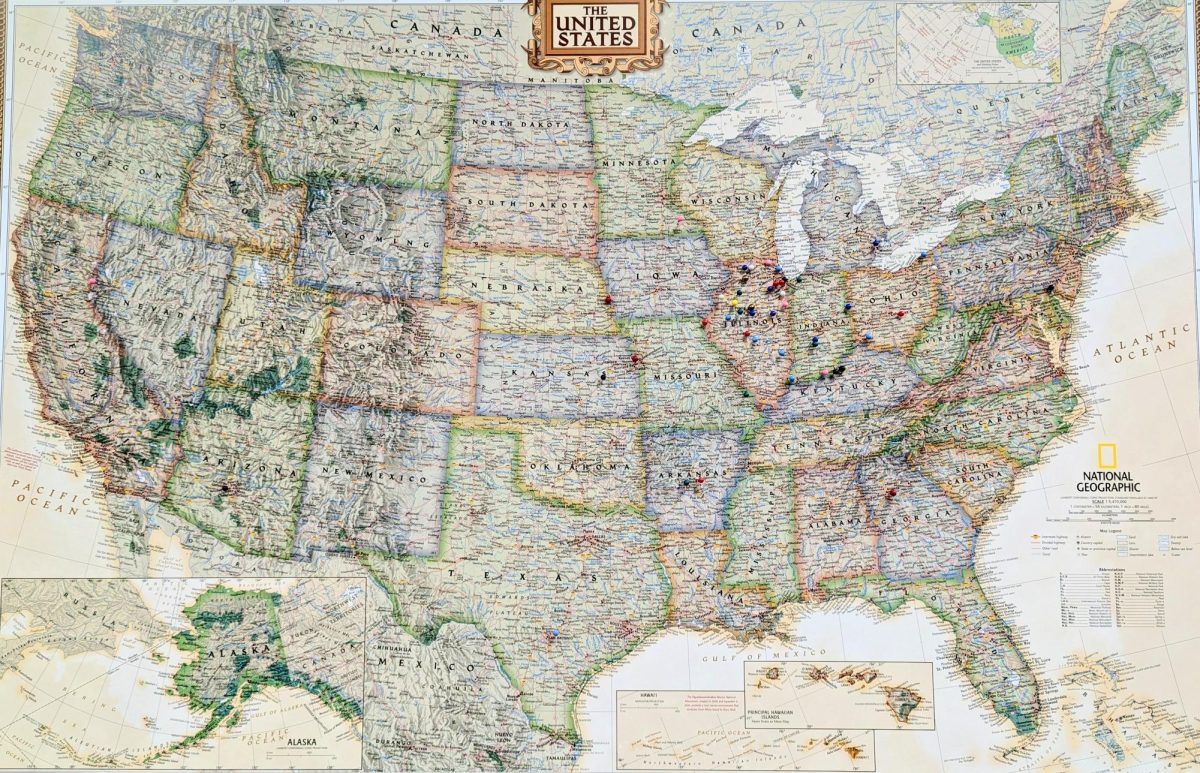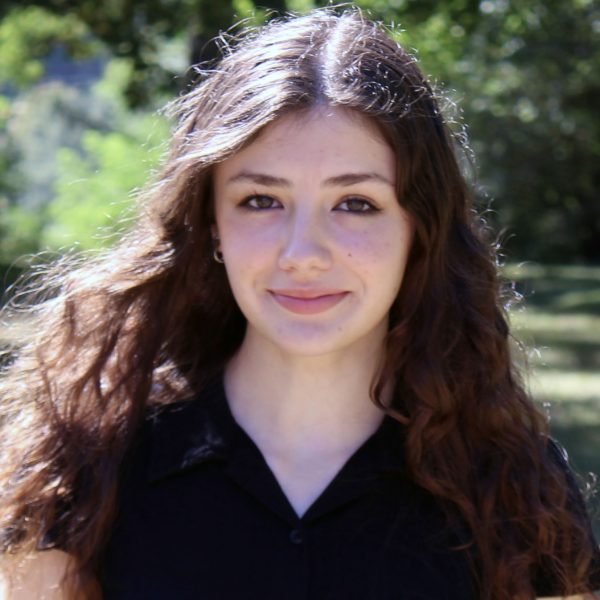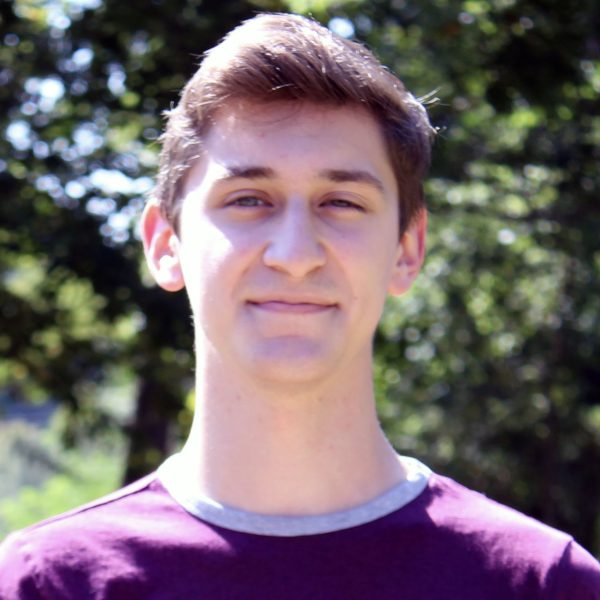With the happenings of recent events, it comes to reason that the political world is louder than ever. Amidst the noise, Eureka students find themselves examining their own beliefs and how they contribute to the ever-changing world around them.
Students on Eureka’s campus are politically diverse, passionate about a myriad of topics which present themselves in many ways. This mimics the divisive state our nation is in, though, students and professors alike may see a benefit in the fostering of several viewpoints. An article published by Georgetown University reveals that students are spending more time looking at and considering a school’s political standing before committing, and Eureka is no exception.
Colton Davis, sophomore, is currently studying History/Political Science with a minor in Philosophy/Religion. Classes required for these tracks often present difficult questions, in which students may answer very differently.
“Eureka has a pretty good stance on diverse thought,” Davis said. “I haven’t had a professor push a viewpoint, so it might be a factor of faculty.”
The body of Eureka College has many moving parts in it, with students making up the basis for cultural change. Eureka College’s faculty is another vital group, and one in charge of mentoring and monitoring how students learn.
Dr. David Eisenberg, Associate Professor of Political Science & Division Chair, works to create environments for students to not only share their beliefs, but learn and understand the beliefs of others. Within these environments, Eisenberg stresses the importance of, at the very least, listening to what others have to say.
“I think politics always has been messy. That’s just the nature of politics, or maybe that’s just the nature of human beings. I think there’s a tendency to see our times and think they’re sort of unprecedented, and people are not getting along, and saying nasty things to one another. My sense is people have been doing that for as long as they have been politicking and socializing,” Eisenberg said.
In classes that aren’t directly centered around politics, conversations which concern themselves around political issues still arise. Dr. Adrian Whitacre, Assistant Professor of Anglophone Literature & Director of the Honors Program, teaches texts essential to the English literary canon, many of which deal with political turmoil of their time, and can relate to contemporary issues that arise as courses progress. This fosters a different environment for political conversation, as thought is rooted in historical text and dilemma.
In any discussion, no matter the basis, disagreements can and will arise, which, if handled incorrectly, can create hostility. One way around this hostility is attending a college where student body beliefs align with your own. An article published by Inside Higher Ed shows that students, when presented the opportunity, would pay more to attend an institution aligning with their beliefs. However, a higher price tag isn’t always feasible for many.
Attending a politically diverse institution allows students space to speak with others who don’t agree with their beliefs.
“There’s a benefit to being politically aware, but I worry about carrying around a constant us versus them attitude and using that to filter every person or idea you come across,” Whitacre said.
Students, despite finding unity at Eureka, differ in their political beliefs, but try to work around the “us versus them” phenomena to broaden their own communities.
Despite classes offering places for students to openly share beliefs, or an overarching campus theme of understanding, students are still conscious of sharing their own ideas. Students, when interviewed, were offered anonymity based on their responses, one of which accepted.
“I definitely feel like there’s a time and place to have political conversations. Like I said, it isn’t something you can go around anywhere expressing,” the anonymous student said. “There are points in time where you have to realize, maybe this isn’t the right setting for me to talk about this.”
Still, conversations which deal with divisive topics are a prominent part of any political climate. Despite a healthy sense of time and place, students continuously engage in these conversations.
“You have to be open minded, and you have to be willing to be wrong. I’ve changed my views on several topics from time to time, and I think that is the biggest aspect of growing as a person and developing an actual political basis of what you truly believe in,” Davis said.
One prominent example of divisive conversation is the recent death of political figure Charlie Kirk, a topic Eureka is not immune to.
“Nobody deserves to be hurt in that type of way, over political beliefs, religious beliefs, anything. It’s okay to disagree, but violence is never the answer. I feel like that should be obvious,” the anonymous student said.
The condemnation of political violence after an act such as a political assassination is common, and essential to creating safe spaces to hold difficult conversations. The reactions to disheartening events can shape the way our political system continues.
“I think before we even knew Charlie was going to pass, we had the president and the vice president of the United States claiming the shooter was left leaning,” Davis said.
A continuous worry in political spaces, which is heightened after any major event, is room for division and the attack of another’s character.
“If people were better informed, and not even necessarily about policy or government per say, but even just if they had a greater perspective of the world, of their world, of history and what not, I’d like to think we’d be a little less inclined to demonize each other and tear one another apart,” Eisenberg said.
Despite these challenges, the theme of collaboration persists. “Maybe we just need to rethink this topic, but we need to rethink it together,” Davis said.

